Merida and Yucatan have the well-deserved reputation as the safest major city and safest state in Mexico. State and local leaders, along with law enforcement officials, have worked hard to maintain a secure environment for citizens.
Crime indexes tend to bear out this reputation. While incidents occur, the region consistently scores at the top of nationwide rankings of safety.
As the ranking of the 50 most dangerous cities in the world was announced last January, Mérida was not on the list, reflecting its relatively low violent-crime rate. In contrast, several other Mexican cities were listed on this ranking prepared by the Citizen Council for Public Safety and Criminal Justice.
While in recent years the U.S. State Department has issued travel warnings affecting parts of Mexico, Merida and Yucatan have not been singled out for inclusion in any of these warnings. According to the State Department’s Mexico Crime and Safety Report for Merida for 2015, the most recent available, there is very little narco-related crime threat in the state of Yucatan.
Non-narco-related crime, the report notes, varies in type and frequency but is generally low. While there is no evidence indicating that criminals specifically target American citizens, crime victims are usually chosen based on perceived wealth, vulnerability, and inattentiveness. Most incidents of crime affecting U.S. citizens involve the excess consumption of alcohol.
The State Department report goes on to note that the level of political unrest throughout the Yucatan Peninsula has historically been low. There are no known indigenous or international terrorist groups in the Yucatán Peninsula. Unlike many parts of Mexico, there is no single transnational criminal organization in the region.
While demonstrations have occurred in Merida, they have generally remained peaceful and were not directed at U.S. interests, according to the State Department report.
Traditional kidnappings in the Yucatán Peninsula remain an anomaly. “Express” kidnappings, in which the victim is abducted for a short time and forced to withdraw money (usually from an ATM) have occured but are still uncommon. Two incidents of kidnappings in Merida in early 2016 were successfully and speedily resolved by state and local police without injury to the victims.
In addition to Yucatan’s state police (SSP) that operate throughout the region, as well as multiple local police forces in cities and towns, Yucatan has a contingent of elite federal officers known as the Gendarmería. The approximately 100 federal police working to keep the peace in Mexico’s most peaceful state are stationed mainly in Merida, Valladolid and Progreso.
The Gendarmeria is a new federal police force created in 2014 by President Enrique Peña Nieto to crack down on organized crime throughout Mexico. Authorities are hoping that the Gendarmeria will be able to remain effective in the face of corruption that has weakened local law enforcement agencies in combating organized crime.
International security expert Ana Maria Salazar Slack, speaking in Merida in September 2015, said in terms of safety the White City is at the level of the great capitals of Europe. Authorities and the business community must remain vigilant to keep the crime rate controlled, which allows the arrival of capital and foreign investment, counseled Salazar Slack, who has worked in the U.S. Pentagon and White House security posts.
“In Merida security rates are at the level of Europe, even among the levels of the safest countries in the world,” she said.
The security specialist said that Merida is one of the few Mexican cities that do not have the “Warning” marks placed by the European Community for cities that are not considered safe to travel in Mexico.
In 2015, the Merida Municipal Police recorded only 178 arrests of juvenile offenders, a figure that ranks Merida as one of the cities with the lowest crime rate among young people.
The police agency reported that 85% of the arrests were due to civil disturbances, however, Merida continues below the national average crime rate among youths under 18 years.
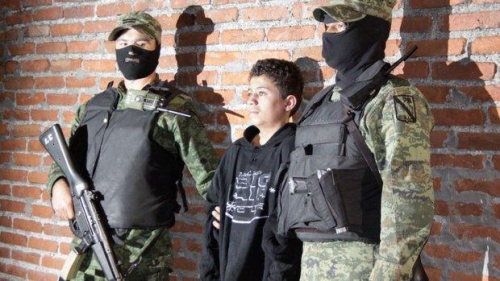
Juvenile crime in Merida mainly involves arrests for disturbances, drug use and robbery. (PHOTO: borderlandbeat.com)
Most juvenile cases were identified in the southern part of the city, so the Municipal Police surveillance at various points in these neighborhoods has been increased.
The Federal Police have no record of the presence of organized crime cartels in Yucatan, Roberto Rodriguez Rivero, coordinator of the organization in the state, said in March 2016.
He stressed that the Federal Police performs “a coordinated effort with other government entities to maintain a safe state and join forces for the peace of its inhabitants.”
In this context, he reiterated: “Concerning the Federal Police, in my office in the state, so far there is no record of drug cartels or organized crime.”
Finally, Rodriguez Rivero invited citizens to report any irregular act detected, so that Yucatan can maintain without ties to organized crime, “as it has so far”.
For his part, Luis Felipe Saidén Ojeda, head of Yucatan’s Public Security Bureau (SSP), the presence of major organized crime cartels in Yucatan was ruled out.
When questioned about the recent detention of people related to well known cartels, the commissioner answered the following “The people that we detained were not operating here, they were just living a low profile life in the city”.
Meanwhile, Attorney General Ariel Aldecua Kuk stated that the labors of intelligence and law enforcement that were being conducted in the state found no evidence whatsoever of any criminal organization operating in Yucatán.
During recent years the governments of Merida and Yucatan have invested a significant amount of money on security infrastructure and on better training and equipment for its police forces, and this has helped to maintain the sense of safety that residents are proud of.
Governor Rolando Zapata Bello recently announced the hiring of 450 extra officers for the SSP, which will further enhance the monitoring across the city with the support of the municipal police. “These 450 new agents will join the more than 3,500 operating officers, and more than five thousand members of the municipal police, the latter also receive training to adequately perform their duties,” Zapata Bello declared.
With the addition of these new elements, the response time to a call for help will be greatly reduced, the frequency of the officers patrolling street by street in the neighborhoods of the Yucatan capital will increase as a preventive measure in the fight against crime, the governor said.
Zapata also mentioned that 306 new surveillance cameras were being added to the 122 video devices that have been working to maintain security at strategic points of the state for the last 15 years.
TYT Newsroom


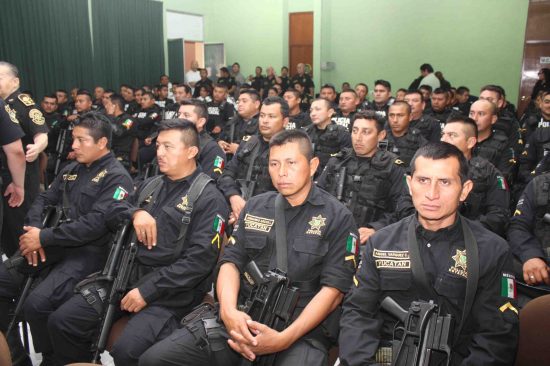
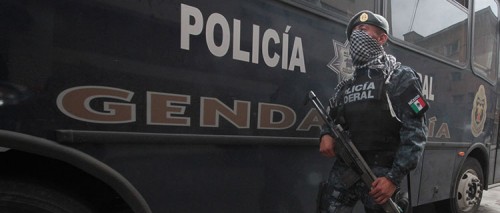
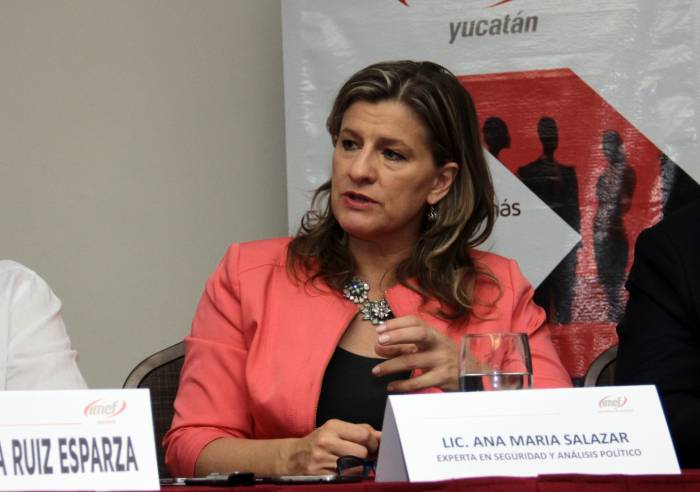

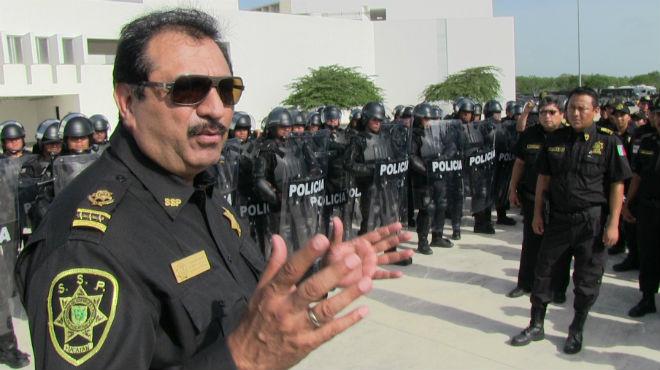


1 comment
City of Merida police are top notch ! They have long succeeded in keeping a very low crime rate – especially violent crime. They are very courteous and some are even bi-lingual. Many thanks are due to them !